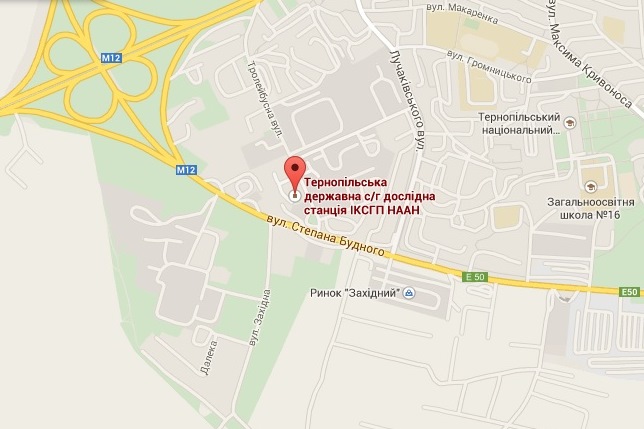| Головна » Статті » Конференція_2015_12_16-17 » Секція_6_Соціально-гуманітарні науки |
Onufriienko Oleksii Ph. D. in Law, Associate Professor, Doctoral Candidate of the Department of Public Administration and Local Self-Administration of Dnipropetrovsk Regional Institute of Public Administration of the National Academy of Public Administration (DRIDU NADU), Zaporizhzhya
DIALECTIC OF INTERACTION BETWEEN THE STATE AND CIVIL SOCIETY INSTITUTIONS
In our publications we investigated the basic approach to understanding of the subject matter of relationship between civil society and the State, determined their common and peculiar features, explained characteristic aspects of simultaneous estrangement (divergence) and rapprochement (convergence) of civil society institutions and the State, and on the basis of obtained results and findings described a complex dialectic of their relationship [1]. Author’s approach makes it possible to generalize theme-based data of philosophy and of the whole range of social sciences (without repeating them) and, taking into account this wide context, to set up the problem of studying the actual dynamic relationship between civil society and bodies of state administration. Depending on predominance of tendencies to rapprochement or estrangement forms of such relationship can be conventionally classified into convergent, divergent or mixed (hybrid) ones. The first form is specified by systemic convergence of civil society institutes and the State, a specific form of implementation of social contract concept, predominantly evolutionary steady development of the relationship between them which fact is manifested above all at institutional, axiological and teleological levels. It results in insignificant propensity to systemic social fractures. Nevertheless, even within the most successful convergent models (for example, Anglo-Saxon ones), in so called stable democracies, estrangement processes can be observed in response either to essential economic problems and measures of combatting them or to State’s foreign policy. Divergent societies in the whole Eigen spectrum (from societies with authoritarian political regime up to postmodern models of civil society focusing on the State and its own objectives) feature disruption of real interaction at institutional and teleological levels. Notwithstanding the fact that they can demonstrate a paradoxical stability, accumulation of problems related to estrangement of civil society and the State, to stagnation of public administration system, its sluggishness and inability to respond efficiently to societal transformation will inevitably cause a systemic crisis which apparently can be overcome only by means of restoration of interaction. Mixed or hybrid societies result from differently directed relationship between civil society institutions and bodies of state administration. As a rule, it is very difficult to find a dominant tendency in them, especially within a short period of time, because it is intrinsic to them to imitate necessary democratic form in order to make a positive international reputation which fact is associated with inability to ensure an efficient relationship between a weak civil society and a corrupt State. Institutional convergence may take place, at least at the level of political parties ‘rotation’ in Parliament or making civil movements a political actor, but results of change of political actors are generally low-key, real problems of relationship between civil society and the State are not subject to solution and divergent processes continue to prevail at axiological and teleological levels. As a rule it results in continuous recurring of the same cyclic crises; hybrid societies are the least stable in this respect. Apart from the abovementioned complex dynamics of relationship, focusing on the processes of simultaneous convergence and divergence allows withdrawing from politically charged dichotomy of ‘democracy-authoritarianism’ all the more so as in the context of today’s postmodern relativism these categories lost their standard conceptual nature to a great extent and became ‘marker pips’. At the middle level and micro-level the mentioned approach permits to actualize some problems of state administration study in a new perspective of scientific research: role and functions of governmental services in the context of different forms of relationship between civil society and the State, i.e. convergent, divergent and mixed (hybrid) ones; change of functions and managerial approaches of state administration bodies in the course of divergence ‘crises’ in convergent societies; dependence of special aspects of public officer personality formation on different forms of relationship between civil society and the State (especially from axiological-conceptual point of view); phenomenon of cyclic crises in hybrid societies and models of crisis recovery etc. Balance of convergent and divergent processes always depends on particularities of existence and development of specific societies and is determined by choice of different model landmarks, cultural and religious variations, different society development paradigms, and, finally, by specific features of evolution both of political and legal systems as well as of historical transformation of public institutions in whole and state administration bodies in particular.
Literature
| |
| Категорія: Секція_6_Соціально-гуманітарні науки | Додав: Admin (15.12.2015) | |
| Переглядів: 287 |
| Всього коментарів: 0 | |



